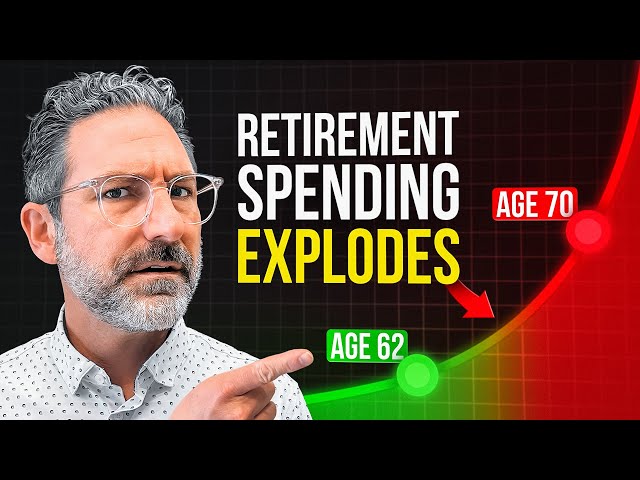Dreaming about retirement can be like reading a romance novel. Images of a better, less stressful lifestyle can be motivating. What if I told you the transition away from your career can be less illustrious than imagined?
In our profession, we have the unique benefit of hearing different family's dreams for retirement. It's nice to hear about their family, friends, and what they look forward to experiencing. They prioritize the things that matter. Up to this point in life, deadlines have accompanied work projects. Viewing retirement as the perfect escape is not uncommon. But, what if leaving work is difficult?
When a person retires, it can lead down a path of feeling lost and without purpose. They begin to wonder who they are. However, all is not lost. Retirement can be your next great adventure if you do some good planning and are intentional about it.
Your career was meaningful.
Working in your profession may have created fulfilling relationships with clients. Aside from the pressure, your career provided a sense of purpose. Maybe you were part of a team and were able to see a project through to the end and derive satisfaction from it. Deep down, leaving work means leaving behind helping others or that sense of purpose.
“(A sense of purpose) is a very robust predictor of health and wellness in old age,” – Patricia Boyle, a neuropsychologist at the Rush Alzheimer’s Disease Center in Chicago.
Beyond helping others, and a sense of purpose, work creates strong social structures with camaraderie and co-workers. Leaving that behind means decreased social interaction and a loss of the environment that helped create your identity for a long time. This loss can reduce life satisfaction and even make you less healthy.
Another issue is mental cognition. Many studies show that without work, it's possible to suffer cognitive decline. Mental stimulation will need to be acquired during retirement if you are to be truly healthy. A study discussed in a report called Risk of cognitive declines with retirement: Who declines and why? Showed that those who retire and stop working completely show steeper declines in memory.
Retiring to a healthy lifestyle
The key to retiring in a physically and emotionally healthy manner is to be intentional. Take time to prepare yourself for the emotional side of retirement. Imagine what retirement will be like if you are not yet retired. Practice taking time to do some of the things you'd be doing in retirement to see what you like about it.
Try this exercise:
Step 1:
Write down ten ideas of things you'd like to do. Do this quickly without overthinking it. Don't consider how you'd do it, write, and have some fun.
Step 2:
Ask these questions:
Would any of these things haunt me if I did not do them?
Which of these seem too out of reach for me?
If I had time for the next six months, which of these would I attempt?
What about my talents could I express with any of these on my list?
Step 3:
Add one more to the list by asking yourself the question: What have I seen someone else do that caused me to think, “why didn’t I think to do that?”
Lastly, take the time to dream and share the most inspiring ideas you discovered by writing.
Other things I've seen people include:
• Just keep working. Don't let the pressure of retirement force you to stop if you like what you do! Staying at work can help you delay your Social Security. Waiting to claim your Social Security can help you enjoy your plan even more. Check out our no cost online video class.
• Others work part-time. They derive great joy from staying busy but with less responsibility and stress.
• Use your talents as a consultant to your previous employer. Many more today are re-defining their role at work. Employers benefit from their years of experience.
• Volunteer at a place you love. Reducing cognitive decline by staying busy may help you feel happier and healthier. Volunteering can replace the feeling of the loss of structure from leaving the workplace.
If you choose to be intentional about your retirement, then you can avoid the feeling of losing your identity in your new season. Planning to experience it on an emotional level can significantly increase your happiness. Whatever you decide to do in retirement, it's up to you!



%20(2).jpg)





.jpg)







